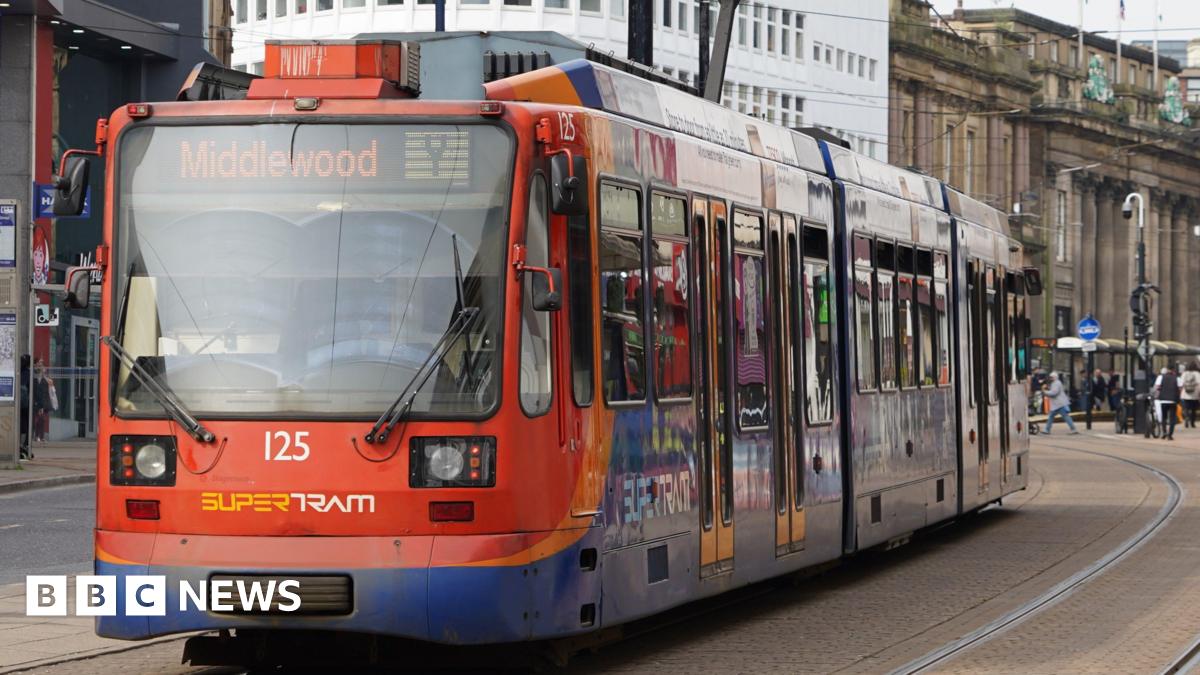PyrahnaRanger
Member
An article in the Guardian popped up in my news feed this morning, claiming that the IPPR have calculated that the "North" has been neglected to the tune of £140 billion compared to the "South" over the last decade, with per capita spending less than half, and the Midlands nearly a third compared to London's spend.
I don't really want an argument over whether the level of difference is justified, but I'd be interested to know what people think we've missed out on doing/building with an extra £140bn! (I think HS2 probably isn't counted in that - it's a whole level of dysfunctional all on it's own!)
Guardian article stating IPPR believes the North has been underfunded by £140bn over the last decade compared to the south
I don't really want an argument over whether the level of difference is justified, but I'd be interested to know what people think we've missed out on doing/building with an extra £140bn! (I think HS2 probably isn't counted in that - it's a whole level of dysfunctional all on it's own!)
Guardian article stating IPPR believes the North has been underfunded by £140bn over the last decade compared to the south
In the decade to 2022-23, London received £1,183 per person per year while the north got less than half of that – £486 of transport spending per person.
“Ministers have begun to restore fairness with their big bet on transport cash for city leaders. They should continue on this journey to close this investment gap in the upcoming spending review and decades ahead”.
Last edited by a moderator:

